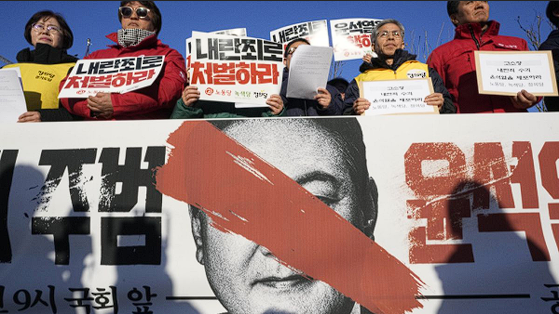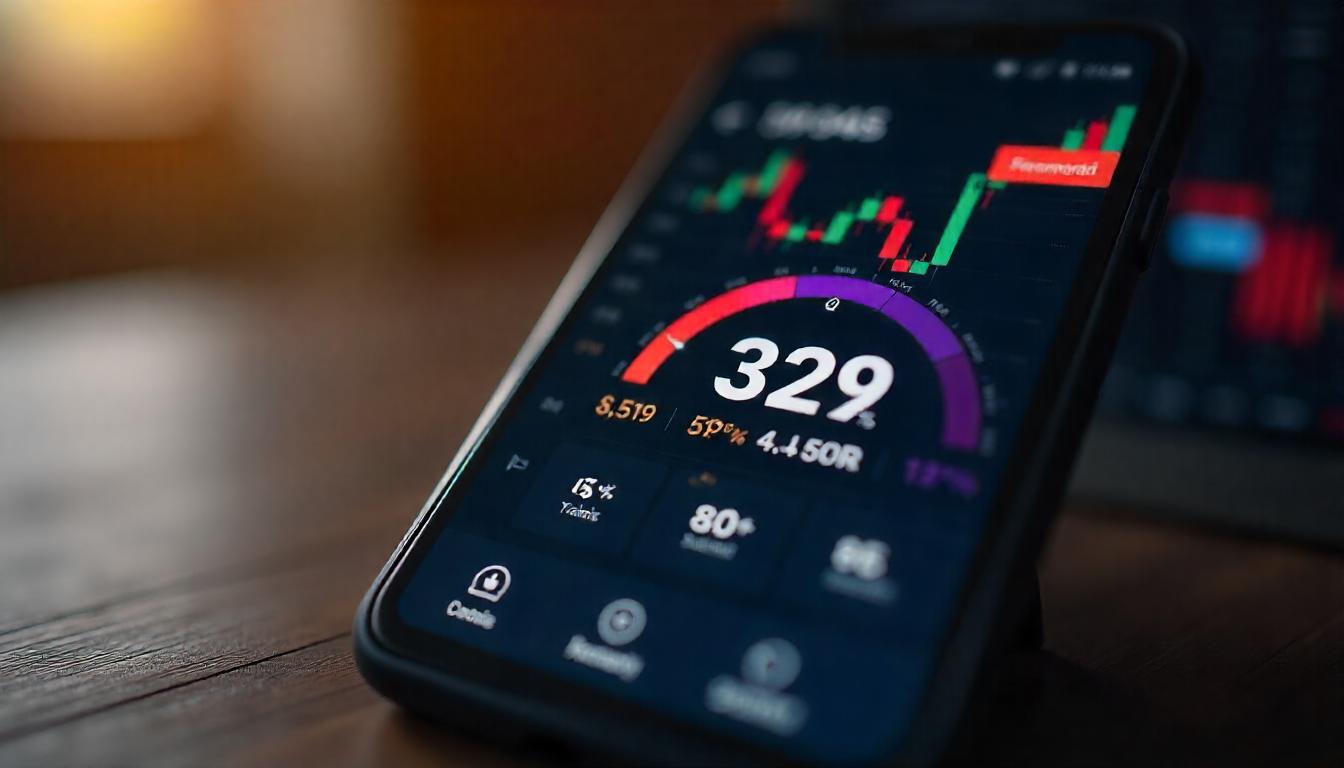South Korea stands at a pivotal moment, grappling with the fallout of a contentious political decision by President Yoon Suk Yeol. Last week’s abrupt declaration of martial law, overturned mere hours later, has left a mark on the nation’s political and economic fabric. For six hours, armed forces patrolled the streets of Seoul—a sight that shocked citizens and investors alike.
The backlash was swift. Han Dong-hoon, a senior member of the ruling People Power Party, revealed that Yoon’s martial law decree included plans to arrest opposition politicians, a move he described as a dangerous overreach of power. Calls for Yoon’s impeachment have gained momentum, with his approval ratings plunging to an all-time low of 16%.
This political turbulence has sent shockwaves through financial markets. South Korea’s KOSPI index dropped significantly, and the won’s value has eroded, approaching historic lows. The government is scrambling to reassure investors, with Finance Minister Choi emphasizing that South Korea’s economic fundamentals remain strong. Yet, a Bloomberg survey suggests a 33% likelihood of a recession within the next year.
Amidst the turmoil, forex traders are closely monitoring forex market trends to gauge the impact of South Korea’s instability. The unpredictable political landscape has made it challenging to develop a reliable forex portfolio strategy, as traders seek to balance risk and reward during these uncertain times.
President Yoon’s justification for martial law—a supposed threat from “anti-state forces” allegedly linked to North Korea—has done little to quell public unease. Critics point out the lack of evidence supporting these claims, casting doubt on Yoon’s motives and decision-making.
For forex traders employing scalping indicators, the heightened volatility presents both opportunities and risks. Effective trading entry and exit strategies are crucial in navigating the rapid price movements resulting from political news. Additionally, automated trading signals are being utilized more frequently to take advantage of short-term market inefficiencies.
In the broader context, South Korea’s position as a major player in international trade is under threat. The country faces the dual challenge of political instability at home and potential shifts in U.S. trade policies under President Trump. Failure to adapt could have long-term repercussions, not just for South Korea but for the entire region.
Despite these challenges, the government is taking steps to stabilize the situation. Efforts to reform foreign exchange and stock markets are underway, and officials remain committed to fulfilling international obligations such as the inclusion in the World Government Bond Index.
However, the road ahead is fraught with risks. Political uncertainty, coupled with economic volatility, has left South Korea vulnerable to both internal and external pressures. Whether the nation can rise above these challenges remains an open question. For now, the world watches as South Korea navigates this critical juncture.









